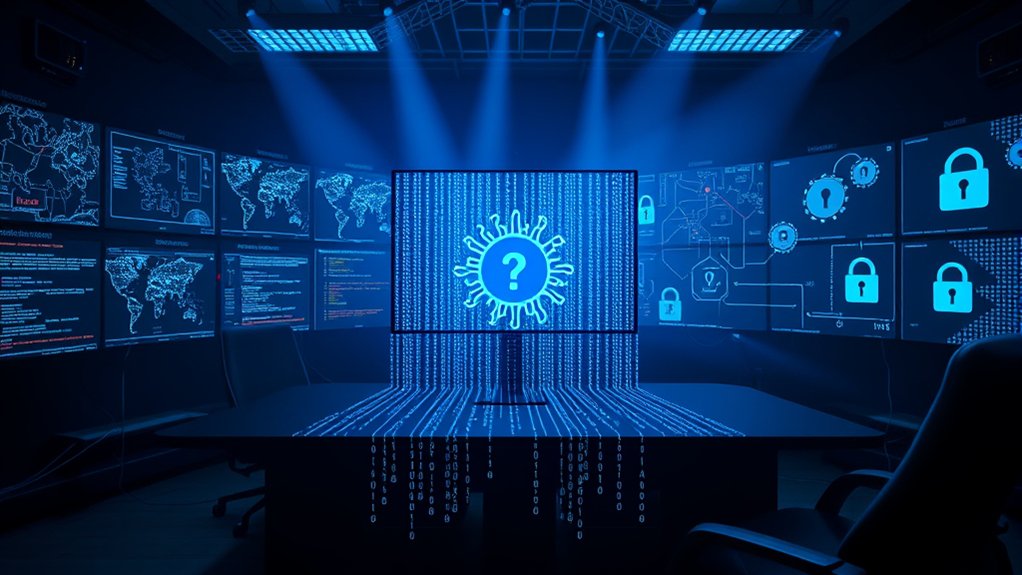Iranian-linked hacking groups have intensified their assaults on United States infrastructure, doubling reported incidents from 12 in March and April to 28 in May and June of 2025. Among the primary actors involved in this escalation are groups such as MuddyWater, APT33, OilRig, CyberAv3ngers, FoxKitten, and Homeland Justice. These entities have launched targeted initiatives primarily against the US transportation and manufacturing sectors, with US firms being the main victims of recent cyber campaigns.
According to joint advisories from US agencies, including CISA, FBI, NSA, and DC3, critical infrastructure operators are warned to improve their cybersecurity measures. The Defense Industrial Base (DIB) companies, particularly those associated with Israeli firms, are identified as being at heightened risk. The advisories highlight that Iranian-affiliated cyber operatives often exploit poorly secured networks to infiltrate US systems, indicating a clear strategy to utilize vulnerabilities for imminent cyber operations.
The tactics employed by these hackers center on exploiting unpatched software and default passwords, while utilizing reconnaissance tools like Shodan to identify vulnerable internet-facing devices, particularly in Industrial Control Systems (ICS). Moreover, lateral movements through weak network segmentation have been reported, raising concerns about the possibility of distributed denial-of-service (DDoS) and ransomware attacks. Victims often notice unexplained data spikes as hackers exfiltrate sensitive information through unauthorized background processes.
Historically, Iranian hackers have resorted to targeting Western infrastructure as a response to military actions against Iran. The uptick in such activities coincides with the recent escalation of the Hamas-Israel conflict and US participation in Israel’s military responses. Groups like CyberAv3ngers, known for their anti-Western stance, have become increasingly aggressive in targeting US, Israeli, and Ukrainian organizations, solidifying a pattern of retaliatory behavior.
To mitigate these threats, urgent measures are recommended, including the patching of outdated software, changing default passwords, and improving network security configurations. Without immediate corrective action, organizations remain vulnerable to the increasingly sophisticated array of cyber threats posed by these Iranian-linked groups.









